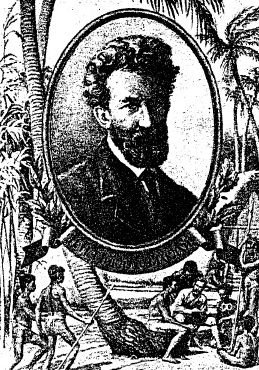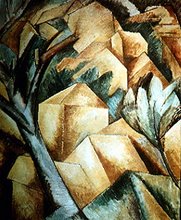The UN estimates the world’s Indigenous population represented in over 70 countries, to be between 300 and 350 million or approximately 5 percent of the total world population. The interests of states in relation to land and natural resources are often at odds with Indigenous peoples’ wishes. The issue places at theorists’ disposal an important theme to discussion: Can self-governing sovereign nations coexist with a sovereign state and not threaten the dismemberment of the existing state?
The 1993 negotiation between four Indian nations and the United States of America set a standard for future bilateral government-to-government relations between nations and states. Basing on that empirical example R. Ryser (1995) claims that although the Jamestown S'Klallam, Hoopa, Lummi and Quinault are not strategically important nations in any geopolitical sense, their success will point the way to peaceful resolution of conflicts between states and the nations inside their boundaries around the world.There are however some obstacles to assured constructive and positive outcome to government-to-government relations between nations and states. One of them is in the fact that among Indigenous peoples the foraging peoples dominated much of the world until recently (R. Blench 1999). Foragers, by the nature of their society, will not easily form articulate advocacy groups without external assistance. However, without such groups, their rights will be eroded rapidly in many places. For example, even numbers of hunter-gatherers worldwide are extremely difficult to estimate because many national governments such as those of India and Malaysia regard foragers as indicators of backwardness and forbid research relating to them.
I believe and empirical examples of the Quinault, Lummi, Jamestown S'Klallam and Hoopa negotiation with the United States of America as well as the establishment in 1999 of Nunavut, a self-governing territory for the Inuit people of north-west Canada, confirm my stance that the self-governing sovereign nations and sovereign states coexistence is a nearest future of international relationships in the world.
Ryser, Rudolph C., 1995. Resuming Self-Government in Indian Country: From Imposed Government to Self-Rule Inside and Outside the United States of America. Center for World Indigenous Studies. Ed. by Murdoch: University School of Law, Canning Vale, Western Australia. March.
Blench, Roger, 1999. Hunter-Gatherers, Conservation and Development: From Prejudice to Policy reform. Overseas Development Institute. # 43, June. London.
Subscribe to:
Post Comments (Atom)











No comments:
Post a Comment